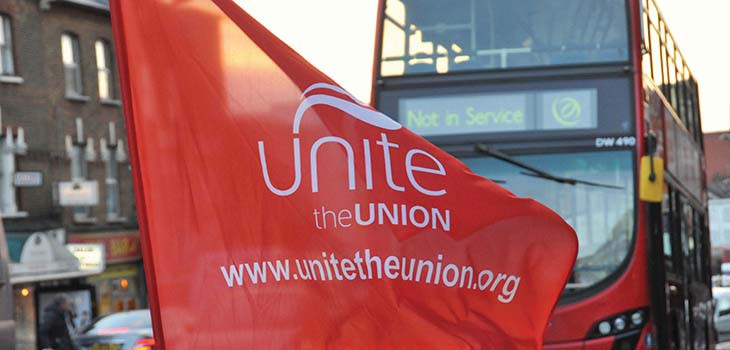
- Offers made to workers to bypass collective bargaining—applying Kostal v Dunkley.
- How to apply the ‘worker’ definition.
- Applying the uplift for failure to comply with the ACAS Code of Practice.
- Discrimination arising from disability—the relevance of the contract of employment.
The idea of structured decision-making is a mantra that has been with us for many years. Sometimes it comes from judicial administration training and guidance, but there is still room for it from courts and tribunals. The first three cases considered here show it being adopted by the Employment Appeal Tribunal (EAT) for the guidance of employment tribunals (ETs), covering the diverse areas of illegal bargaining offers, applying the ‘worker’ definition, and deciding whether to apply the statutory uplift of compensation for failure to comply with the Advisory, Conciliation and Arbitration Service (ACAS) Code of Practice. The fourth case makes a short but possibly important point of law on applying









